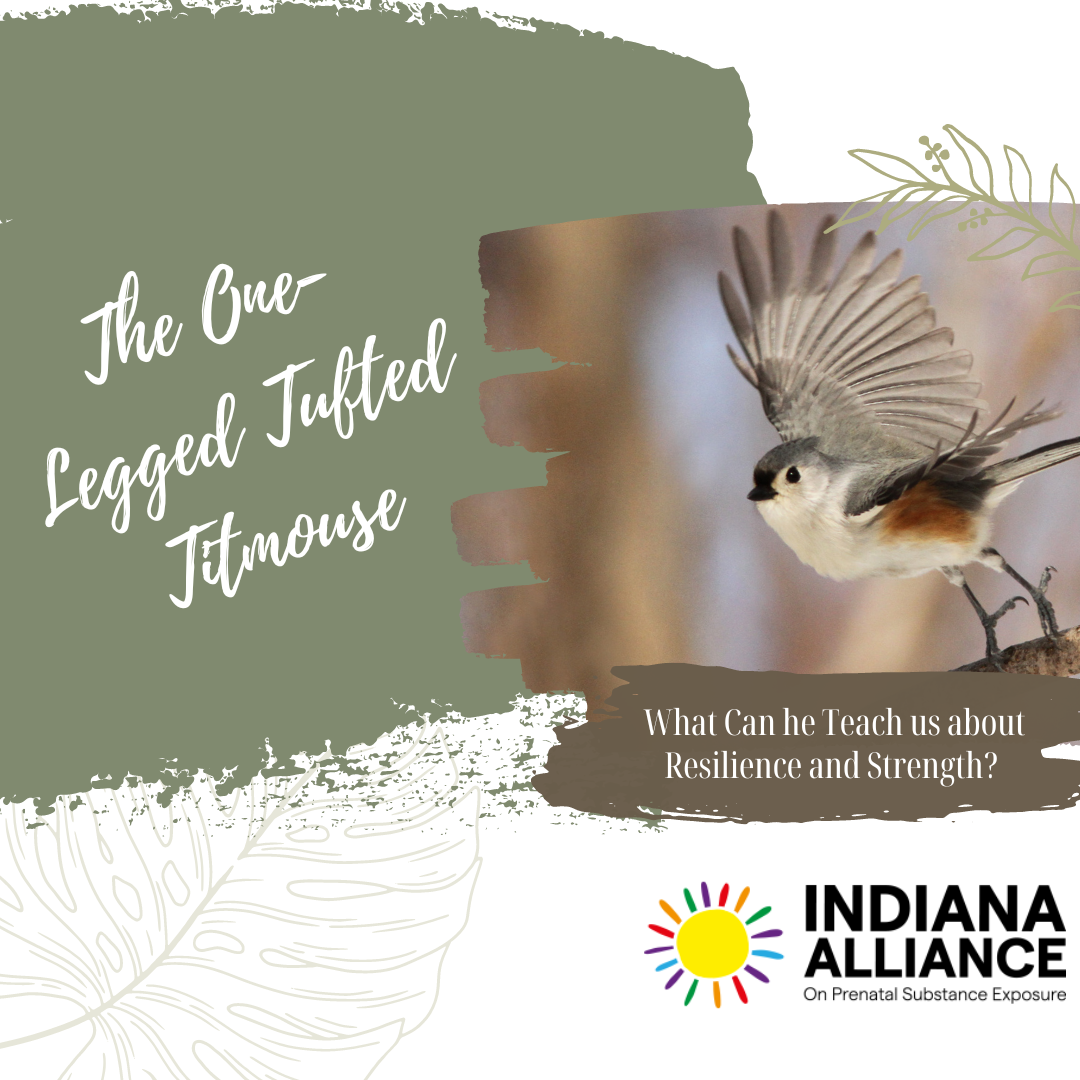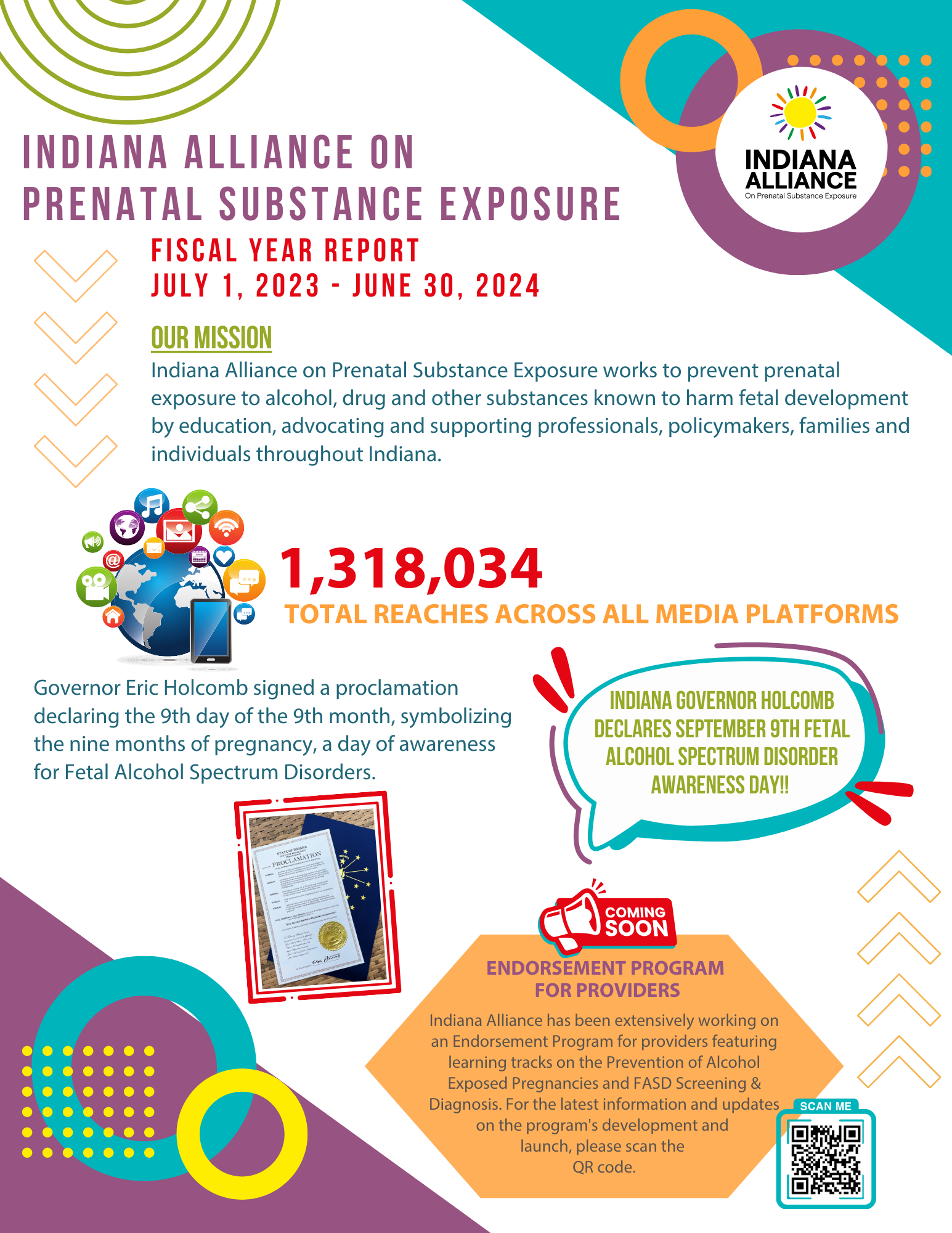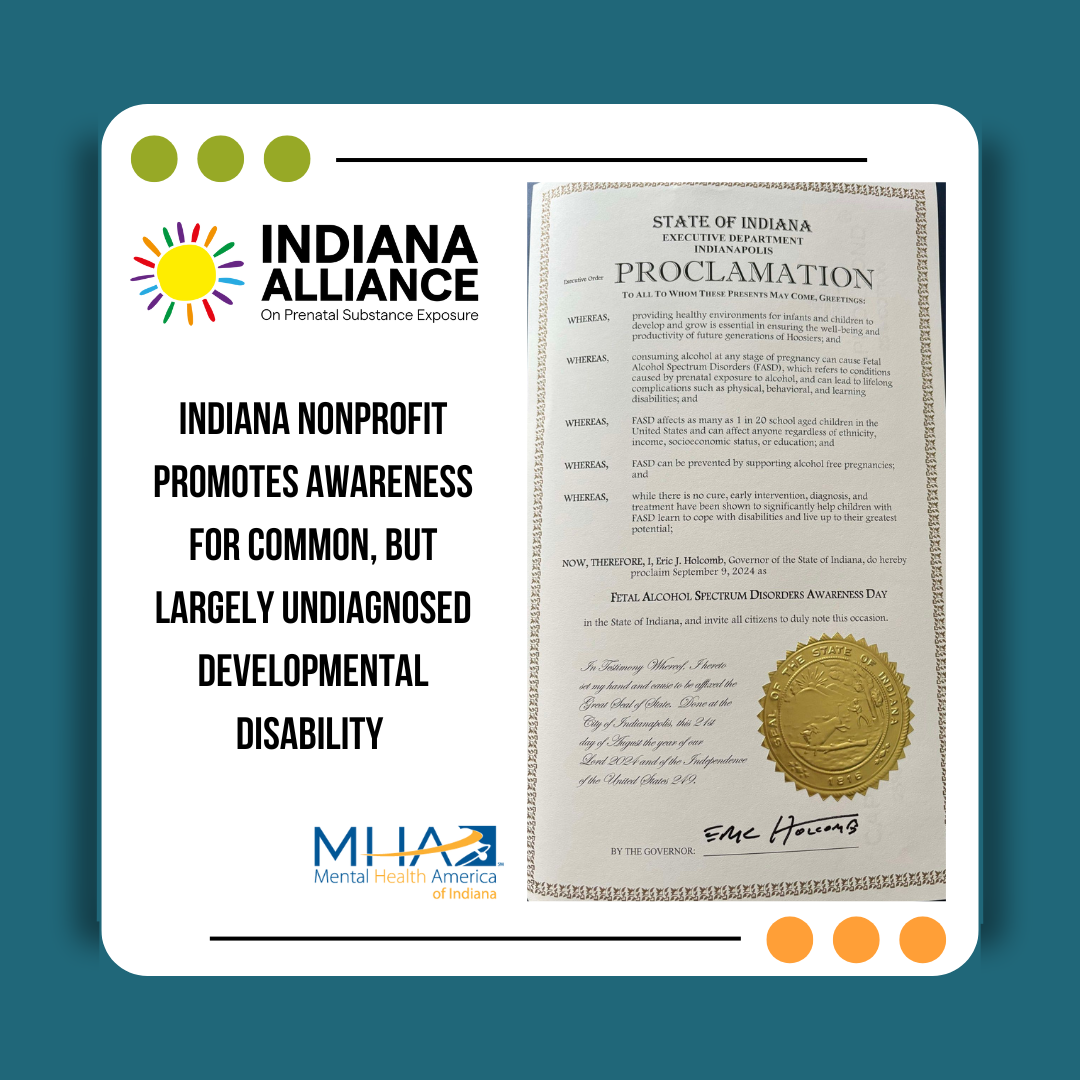
The One-Legged Tufted Titmouse: A Lesson in Resilience and Strength
Those that know me know that I love birds. I work from home and have eight different bird feeders outside my office window. The different types of feeders with different types of food attract most of the birds that are in Northern Indiana this time of year. I get so much joy from watching these birds, observing their behaviors, seeing who their mates are, but there is nothing like the joy of seeing a new bird visit for the first time. The last thing I ever expected was getting a lesson in resilience and strength from one of my birds.
One of my first bird feeders was a standard tube feeder with a cage over it because, well… squirrels. I wanted the smaller birds to be able to have a chance at a good meal. The House Finch was the first bird to visit this feeder, but the second bird was the Tufted Titmouse.
The Tufted Titmouse is a small blue-gray bird with a white breast and beautiful orange coloring below its wings. This bird weighs in at just 7/8 of an ounce and gets its name from a tuft of feathers on top of his head. These birds have the most beautiful song, and I can often hear them singing all along my street while I am driving.
From my observations, the Tufted Titmouse is cautious and polite and waits for his turn at the feeder. He is social and usually travels with a partner but doesn’t hang around the other birds. The Tufted Titmouse is considerate, he takes exactly one nut or seed and flies away with it. He does not stay around and treat my bird feeders like an all-you-can-eat-buffet like the Starlings, Grackles, and squirrels do… He just takes what he needs. Even on the gloomiest of days, I can hear his bright and cheerful song from the trees nearby. He often comes to sing good morning, even if he doesn’t grab a seed to eat. These birds, from their manners to their beauty, to their song are easily one of my favorites.
Yesterday, he landed on the perch closest to my window and in the moment he stood there before grabbing his one seed, I noticed something shocking: this Tufted Titmouse only had one leg.
I have probably seen this same bird hundreds of times and never noticed.
If you’re not a “birder”, I will tell you that being a bird with one leg comes with an incredible set of challenges. We may never know if this disability is a result of tangling, a predator, an injury, or a birth defect… but the challenges for this little bird in the wild are great. Life is automatically more challenging for this bird. He may have more difficulty finding a partner, have trouble foraging, and be more vulnerable to predators. Additionally, birds with one leg have lifespans that are typically shorter than their 2-legged counterparts.
After the shock of my initial heartbreak for this bird wore off, I started critically thinking about what we can learn from him.
The challenges for children and adults that have been prenatally exposed to alcohol are also great. Life may be automatically more challenging, individuals may have difficulty with relationships, school, and finding a job that meets the needs of their condition and provides for them financially. Individuals with FASD may be more vulnerable in our society due to learning disabilities, poor memory and coordination, speech and language delays, and as data tells us- more likely to be incarcerated. And like my one-legged Tufted Titmouse, sometimes this disability is visible (with abnormal facial features), and sometimes it is not noticeable.
My Tufted Titmouse does not let his disability define him, and neither should individuals with prenatal substance exposure. These individuals have some incredible strengths that should be celebrated. They can be affectionate, caring, artistic, creative, determined, friendly, hard-working, have unique points of insight, helpful, outgoing, and persistent.
Through their challenges, these individuals (and my bird) have learned resiliency. Despite the incredible challenges that individuals with FASD face in their lives, they have developed the capacity to recover from the difficulties and adversity that they face.
We can help encourage this resilience by being FASD informed, helping children be involved in activities that fit their interests and abilities, reaching out to help others, being available for consistent social support and mentorship, and helping bring out the light and strengths in everyone, especially those with “invisible” disabilities.
I know birds are capable of amazing things, but reading this blog is not one of them. Still, I would be remiss if I did not express my gratitude to my tiny Tufted Titmouse who has taught me more than he will ever know.
Everyone, regardless of disability, should have their own chance to spread their wings and fly.
Resources










